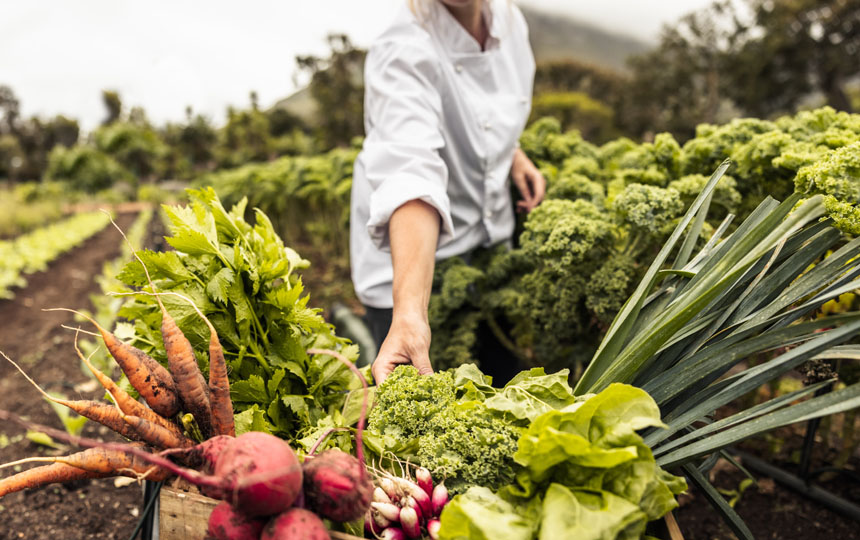BASCIL – Innovative Solutions for the Rural Food Production Sector to Diversify into Sustainable Culinary Tourism Services
Small food producers in rural areas have been strongly affected by the pandemic, rising energy prices and increased production costs. This has a major impact on the resilience of the local food sector
In the BASCIL project, 15 partners in 8 countries will work on solutions for small local food producers to be able to diversify their business. By integrating conventional small-scale food production with culinary tourism services, it is possible to reach the end customers directly and obtain a higher value for their products with the shortest value chain.
Across Europe, the countryside of the Baltic Sea Region is currently not very well known as a culinary tourist destination. Active involvement of food producers in culinary tourism are distinct opportunities to make the region more visible and attractive to visitors.
The project is co-funded by Interreg Baltic Sea Region.
The total budget of the project (8 countries, 15 partners) is EUR 3,348,779.95, of which the support of the European Regional Development Fund (ERDF) is EUR 2 389 394,52 and Norwegian funding EUR 181 018,40.
The first part of the project
During the first part of the BASCIL project, Krinova conducted a series of train-the-trainer workshops where all project partners were introduced to practical business models and tools specifically tailored for food tourism. This enabled them to support local food producers in their own regions.
Additionally, several project partner meetings have been organised, providing opportunities for experience exchange. Besides presentations, status reports, and discussions, it has been highly valuable for all partners to learn about other countries’ and regions’ unique offerings and local culinary tourism services that can inspire new offerings in their home markets.
An important project deliverable is the Bascil Manual – Practical solutions for designing culinary tourism services. Using a variety of tools and strategies based on the Business Model Canvas, along with practical examples, the manual guides food producers step by step on how to develop ideas and content for an attractive tourism offering.
In total, the project partners support and work with approximately 100 different companies that have developed new attractive offerings for visiting tourists. Halfway through the project, it is now time to pilot test the companies’ new concepts and offerings. This will take place during the summer season of 2024, after which all results will be evaluated.
The local companies participating in the project and receiving support from Krinova are linas och binas, Ivögården Mat & Vingård, Tranängen Aronia, Ripa Honung, Österlenbryggarna, and Österlens Kött & Vilt.





